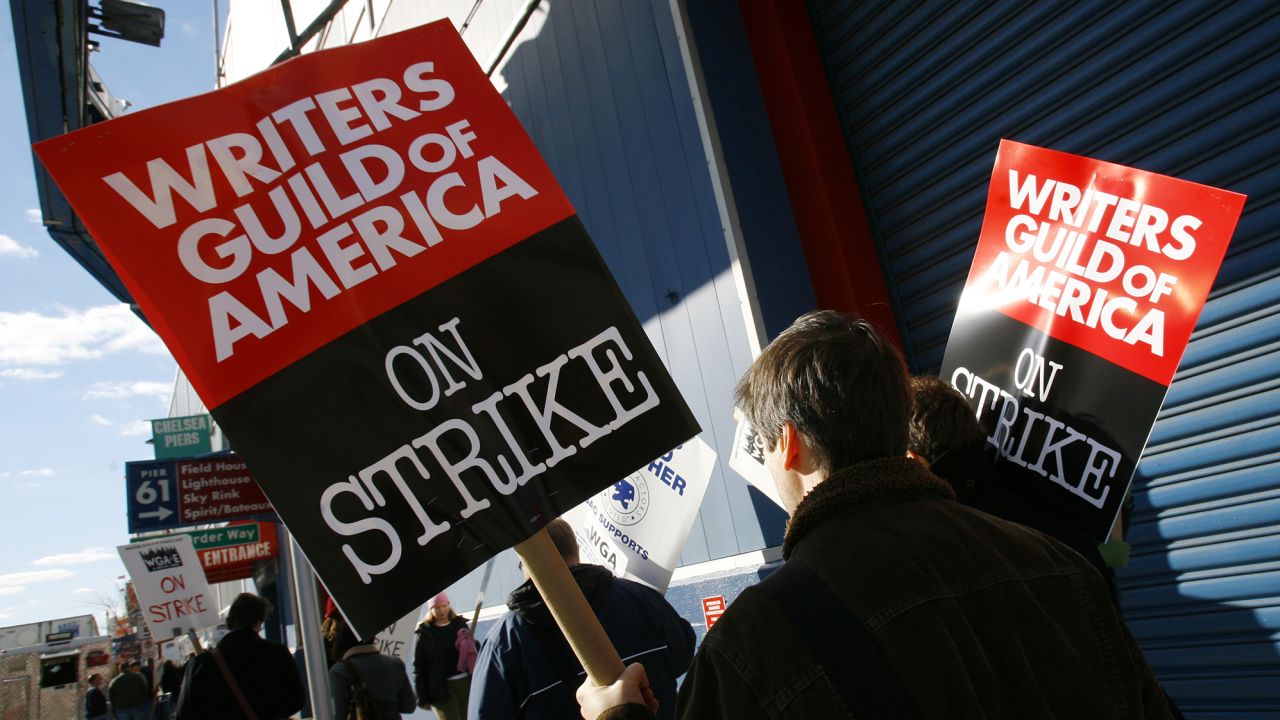
The Writers Guild of America (WGA) is once again embroiled in a dispute with the Alliance of Motion Picture and Television Producers (AMPTP). Negotiations between the two parties stalled, and WGA have officially gone on strike, the first time since the 2007-2008 writers’ strike, which lasted for 100 days and had a significant impact on the industry.
The main issue at the heart of the dispute is the WGA’s demand for higher compensation for writers. The guild argues that writers deserve a larger share of the profits generated by their work, particularly in the age of streaming platforms such as Netflix, Amazon Prime, and Hulu. With more and more viewers turning to these platforms for their entertainment, the WGA believes that writers are not being adequately compensated for their contributions.
The WGA has also called for changes to the way in which writers are paid. Currently, writers are often paid a flat fee for their work, with little or no additional compensation if the project becomes a commercial success. The WGA is pushing for writers to receive a larger percentage of profits from their work, as well as a share of revenues generated by merchandising and other related products.
The AMPTP, however, has rejected these demands, arguing that the current system is fair and balanced. They point to the fact that writers already receive significant compensation for their work, and that the industry is facing its own economic challenges, particularly in the wake of the COVID-19 pandemic. The AMPTP has also expressed concern that a strike would have a negative impact on the industry, particularly in terms of lost revenue and job losses.
The potential impact of the strike on the entertainment industry is significant. The 2007-2008 writers’ strike had a profound impact on the industry, with a loss of over $2 billion in revenue and the cancellation of numerous TV shows and films. The effects of a strike in 2023 could be equally severe, particularly given the increased reliance on streaming platforms and the impact of the pandemic on the industry.
However, the WGA argues that a strike was necessary to achieve their demands. They point to the success of the 2007-2008 strike in achieving a number of significant concessions, including increased compensation for writers on new media platforms. The WGA believes that the strike in 2023 could similarly lead to meaningful change in the industry, and that writers are willing to take the necessary steps to achieve this. At this stage, it is unclear how long a strike would last, or what impact it would have on the industry.
The 2023 Writers Guild of America strike is a significant issue for the entertainment industry, with potential consequences for both writers and producers. While the WGA’s demands for higher compensation and changes to the way in which writers are paid may be seen as reasonable by some, the AMPTP has thus far been unwilling to meet these demands. As negotiations continue, the industry will be watching closely to see what impact it may have on the future of television and film.

